您的购物车目前是空的!
About wowsocket customization service
Beginner's Guide to Track Sockets discussion of various topics Outlets Guide remodeling plans

About wowsocket customization service
Product customization not only allows customers to personalize or modify the product according to their own preferences, and customization services is the depth of communication between the customer and the manufacturer, for customers, high-quality customization services, which will allow customers to be more adhesive, for manufacturers to make a more in-depth understanding of each customer’s needs and changes in the market!
What Is Customization?
Customization involves modifying a product or service to suit the specific preferences or needs of an individual or group. It personalizes the experience or item to match the unique tastes or requirements of the customer.
This concept applies widely across different industries and areas of life, with modifications that can be simple or complex.
Customization can take many forms, each designed to address various elements of products and services in different sectors.
Forms of Customization
Customization can take various forms, each designed to suit different aspects of products and services across a range of industries.

Let’s explore the different types of customization that address the changing needs of consumers.
Product Customization
In the realm of tangible goods, product customization allows individuals to influence the design and functionality of products to meet their specific preferences.
This can include a wide variety of goods, ranging from custom pop displays
to home furnishings (where the purchaser chooses the color and length), such as wowsocket, which offers track socket customization, allowing customers to personalize the product to fit an actual home situation
Manufacturers often use modular designs that facilitate the assembly of various components, thus simplifying the process of creating products based on customer preferences.
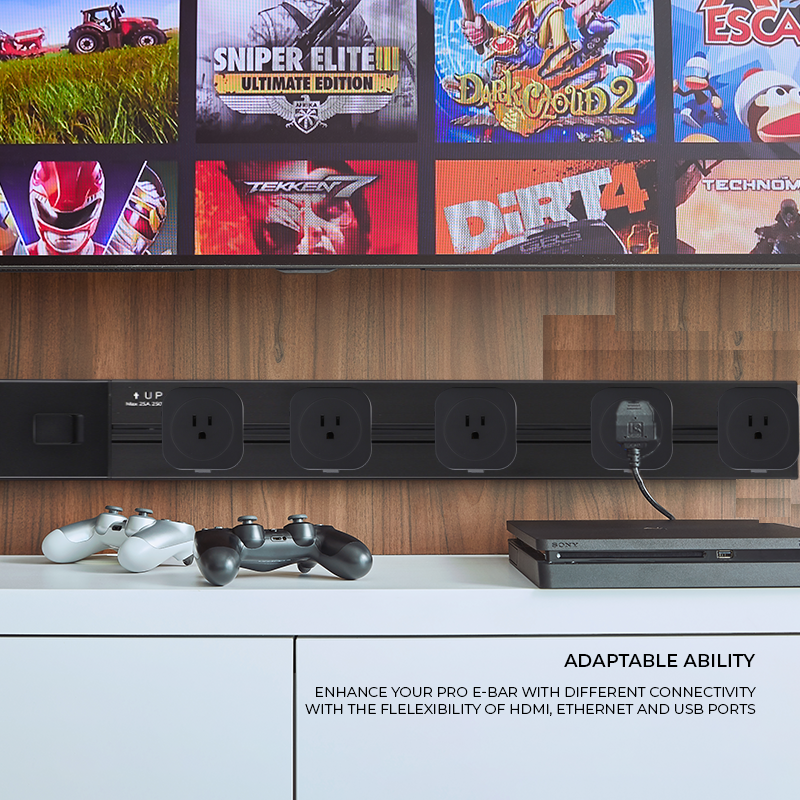
Service Customization
Service Customization
Services are naturally more flexible than products, offering a unique form of customization. A key example is the travel industry, where customers can personalize their trips by selecting specific flights, accommodations, and activities. This level of customization also applies to areas like financial planning, where services are tailored to an individual’s financial objectives and risk tolerance.
Software Customization
Software customization is one of the most complex forms of personalization. It ranges from visual adjustments, like themes and layouts, to functional changes, such as adding or removing features to match the user’s workflow. This flexibility extends beyond personal software and is common in enterprise solutions, where software is tailored to meet specific business processes, regulatory needs, and integration with other systems.
Open-source software offers a unique path for customization, enabling users with technical skills to modify the source code directly for a fully tailored solution. Even without altering the code, many software products provide plug-ins, extensions, and user settings, allowing for a high level of customization while keeping the core program intact.
Content Customization
In the digital era, content customization has become a fundamental aspect of the user experience. Websites and online platforms leverage algorithms to analyze user behavior and preferences, delivering tailored content. Search engines, news aggregators, and social media platforms use this form of customization to present content that is more likely to engage each individual user.
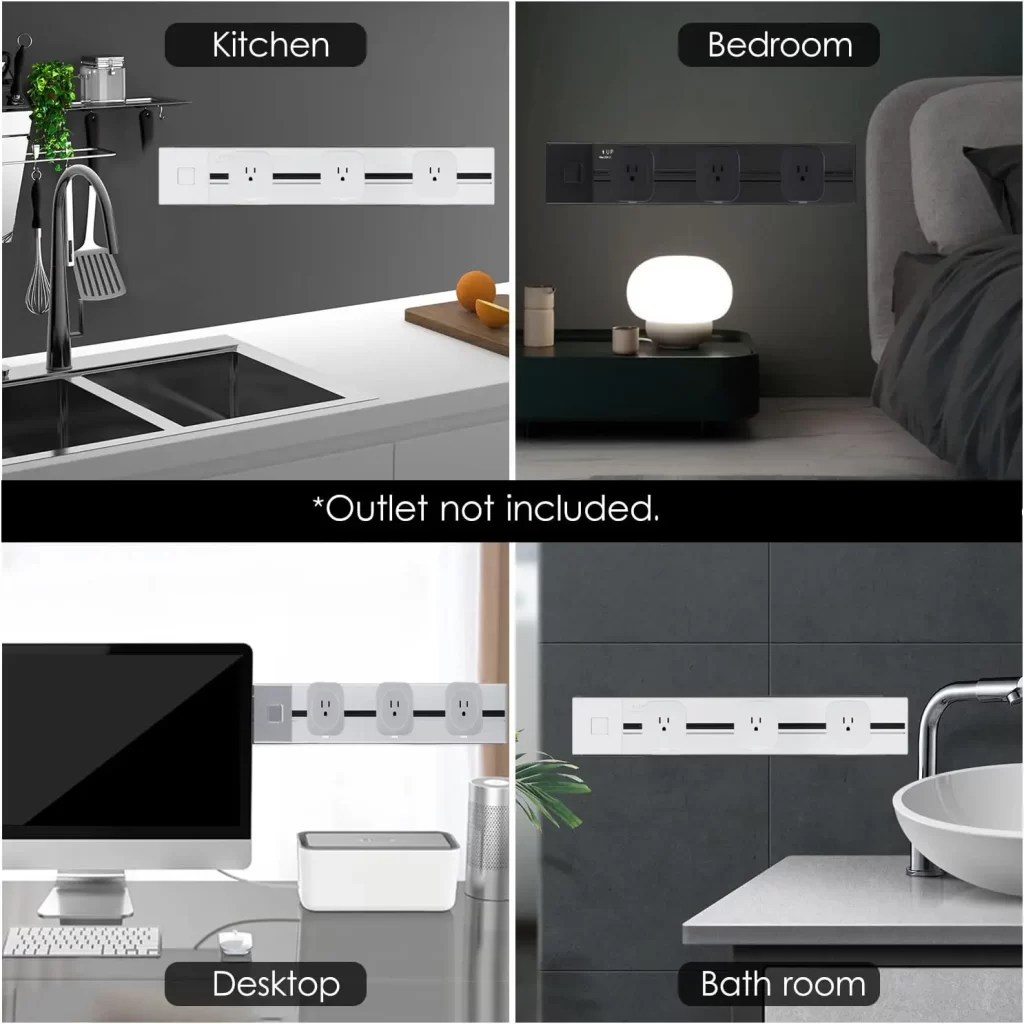
This customization goes beyond just recommendation algorithms. It also allows users to set filters and preferences for the type of content they want to see, how it is arranged on the page, and even when it’s delivered. This enables users to shape a personalized digital experience that aligns with their specific interests and needs.
Customization in Experiences
Customization extends beyond products and the digital world, also shaping experiences. Event planning, for instance, relies heavily on customization. Each event, whether a corporate conference or a wedding, is designed to meet the client’s vision and goals, requiring detailed planning and coordination to ensure every element aligns with the desired theme and atmosphere.
In retail, the shopping experience itself can be personalized. Stores may provide personal shopping assistants, fitting services, and interactive displays that adapt to customer behavior and preferences, offering a shopping experience tailored to each individual.
Customization is a broad concept, unified by its aim to enhance user satisfaction through creating a sense of individuality and relevance. As technology progresses and consumer expectations rise, the range and methods of customization continue to grow, leading to more innovative and personalized experiences.
Benefits of providing customized services
By its very nature, customization offers a range of advantages for both providers and recipients. In a world that was once dominated by standardization, the move toward more personalized options has significantly impacted how products and services are perceived, valued, and interacted with.
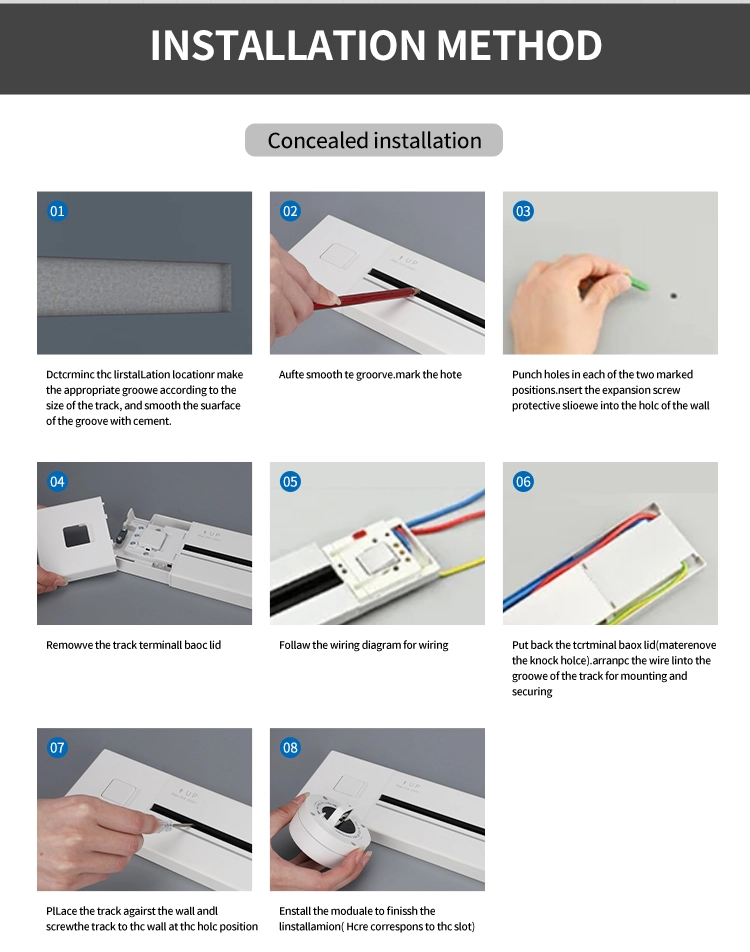
For Customers
Businesses are increasingly offering personalized services, and most customers now expect companies to provide a tailored experience.
In this climate, not offering customization can negatively impact the customer experience.
For example, 70% of millennials report being frustrated by irrelevant marketing emails. These messages aren’t just ineffective—they might actually drive customers away from the brand!
When users can customize tools to specific workflow or need requirements, they can work more efficiently, leading to increased productivity and satisfaction. This is especially true in professional environments, where the nuances of job roles can vary greatly.
Customization can significantly increase the perceived value of a product or service. When consumers are involved in the creation process or receive something that is perceived as customized, customers typically value it more than similar off-the-shelf goods.
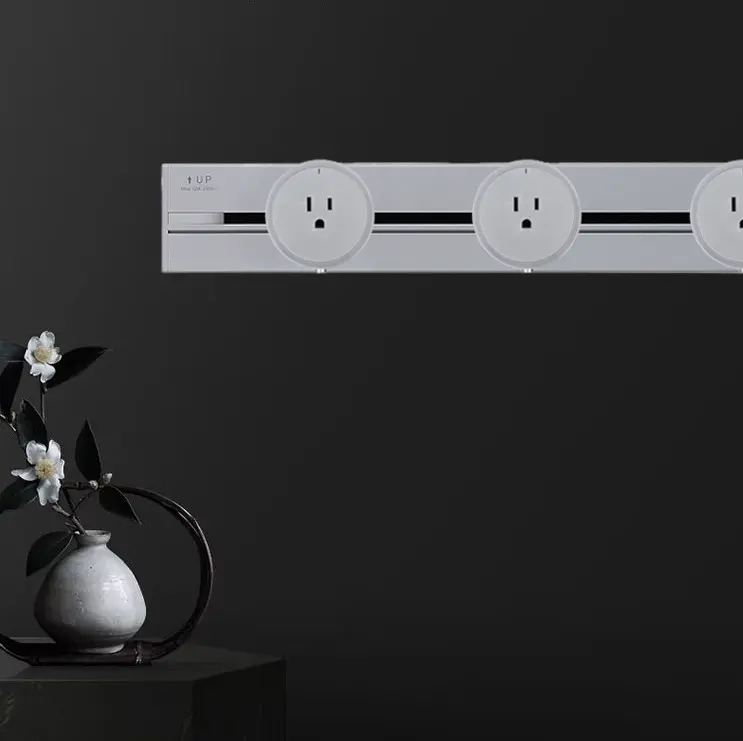
For company
Customization plays a pivotal role in fostering customer loyalty. According to a survey, 44% of consumers indicated that a tailored shopping experience would entice them to make repeat purchases.
This is significant because devoted customers can generate value that is up to tenfold their initial transaction.
Neglecting to market to your existing customer base is akin to leaving potential revenue unclaimed.
In cutthroat marketplaces, the ability to customize is a crucial factor that sets businesses apart. It provides companies with the means to distinguish themselves amidst a flood of similar offerings. Through the provision of distinctive attributes or bespoke experiences, enterprises can create their own specialized segment, drawing in consumers who are looking for the unique and the unavailable from other sources.
The power of customization further equips businesses with invaluable knowledge about consumer inclinations. As patrons select options for their tailored goods or services, firms accumulate data on emerging trends, tastes, and patterns of demand. This intelligence is akin to a treasure trove for guiding future product innovation and promotional plans, empowering enterprises to lead the pack by foreseeing and meeting customer expectations and wants.
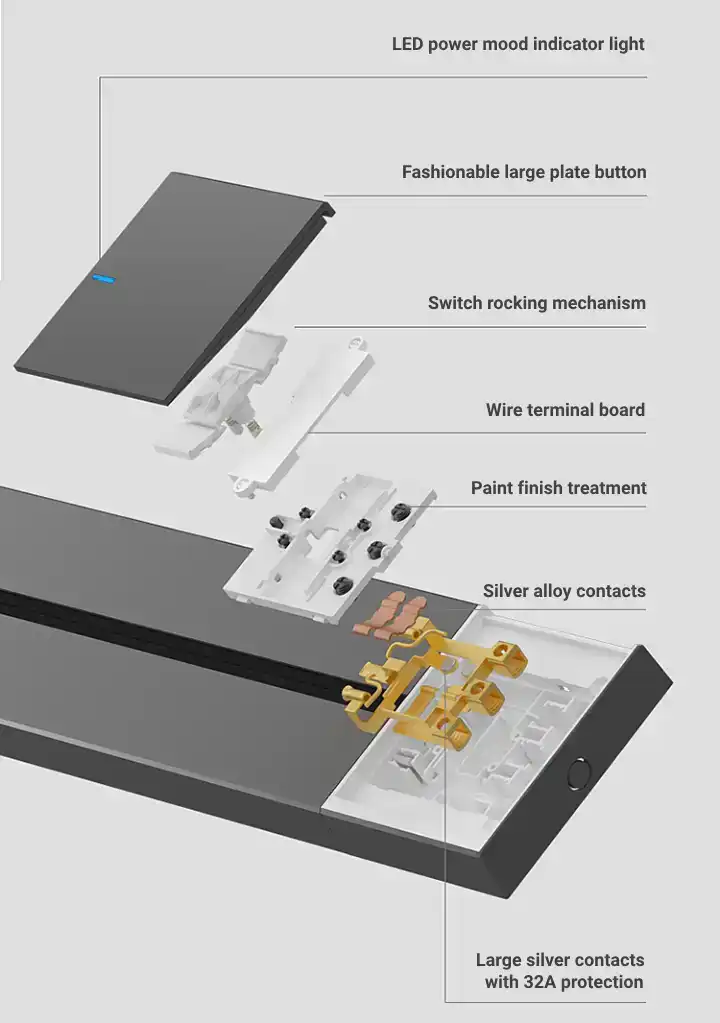
Tailoring products to individual preferences contributes to a more sustainable business approach. For instance, manufacturing items based on specific orders allows companies to decrease the waste linked with excessive production and leftover stock. This practice not only yields financial advantages but also aligns with the increasing consumer preference for eco-conscious business operations.
How to provide customized services
How to customize services and how to provide customized services to the satisfaction of customers, let’s understand from the following aspects:
Analyze to understand user needs
The initial phase in providing a personalized service is to uncover the requirements of your clientele. Following this discovery, you can modify your offerings to cater to their specifics. This process entails gathering and interpreting data via customer comments, questionnaires, transaction records, and market studies. Companies must pinpoint the features of their goods or services that customers are prone to personalize. This comprehension lays the groundwork for an effective customization strategy, guaranteeing that the choices presented are pertinent and appealing to the intended audience.
Segmentation of customers
Not every service has to be individualized. In fact, it’s almost never feasible. Segmenting the customer base into a few key categories is a much more practical approach, and this is what Anglican Water, a British utility, has done with great success by categorizing its customers based solely on geographic area. Whenever the water supply is interrupted, the company notifies them via automated communications.

Quality customized services
High-quality offerings must be conceptualized from the very beginning with the potential for customization and the goal of fulfilling customer expectations. For physical products, this could translate to a design that is modular, facilitating simple alterations, or the selection of materials that are readily adaptable. In the case of services, it might entail developing a structure that can be tailored to the diverse requirements of customers. The essence is to incorporate adaptability into the design phase, considering personal choices while maintaining the product’s core quality and integrity.
Leveraging AI and Automation
The advent of AI and automation has simplified the process of scaling personalized experiences. Utilizing AI in customer service allows companies to swiftly process extensive customer information. This empowers teams to discern customer trends, inclinations, and actions, provide customized suggestions, predict future requirements, and preemptively solve problems.
- Wowsocket: Your Trusted Track Socket Factory for UK-Compliant Power Solutions
- Track Socket UK: The Ultimate Guide to Choosing and Installing the Right Power Solution
- Track Sockets in the Netherlands: The Ultimate Solution for Smart Homes
- Les Prises de Courant sur Rail en France : La Solution Électrique Flexible et Intelligente pour Votre Maison
- UK Track Sockets: The Ultimate Smart Power Solution for Your Home
29,508 点击次数


发表回复